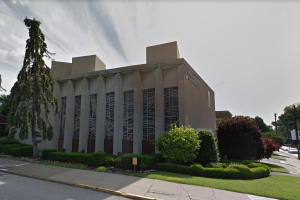For the third time in as many months, junior doctors in England have begun a strike as part of their ongoing protest over government threats to impose a new contract.
Junior doctors previously staged two 24-hour walkouts, and some progress was made in negotiations between the British Medical Association doctors’ union and the government on the a new junior doctors contract. Negotiations broke down in February and government ministers announced the new contracts would be automatically imposed in August.
The National Health Service warned that the strike was going to be “difficult” for the service as the series of walkouts was beginning to take a toll. The NHS says a total of 19,000 medical procedures and treatments were postponed because of the three walkouts this year.
The treatments affected are all non-emergency procedures, including routine operations like hip and knee replacements. Thousands of hospital appointments and tests have also been affected.
Ipsos MORI poll for BBC News finds two in three support the doctors’ cause
[gview file=”https://www.ipsos-mori.com/Assets/Docs/Polls/ipsos-mori-junior-doctors-2016-charts-march.pdf”]
Junior doctor Dagan Lonsdale: "We need people to realise that doctors aren't on strike just because of pay" https://t.co/vQSfv9uPDd
— Sky News (@SkyNews) March 9, 2016
Registrar who confronted Jeremy Hunt says 'real danger is doctors leaving the NHS'#juniordoctorsstrike https://t.co/vWkPHZUUur
— Michael (@therightarticle) March 9, 2016
(Image: Protesters in London march against plans to change junior doctors’ contracts AFP/Getty Images)




